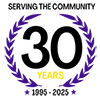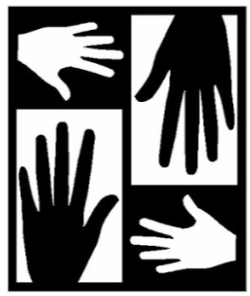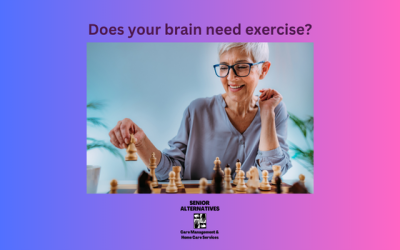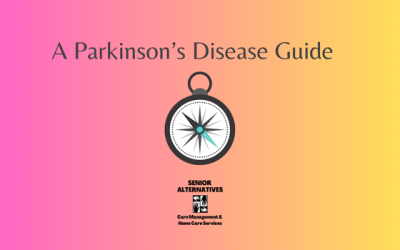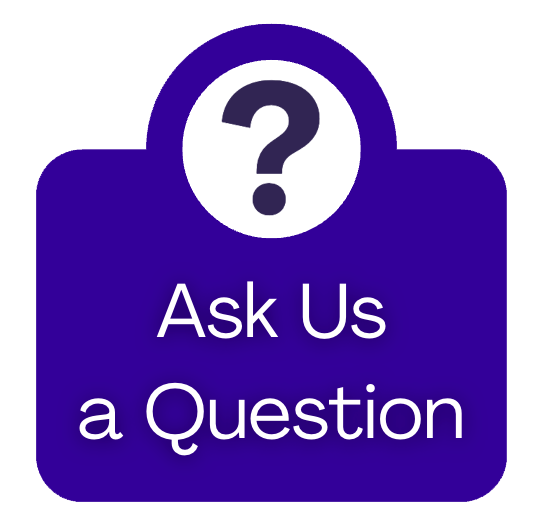October 15, 2012
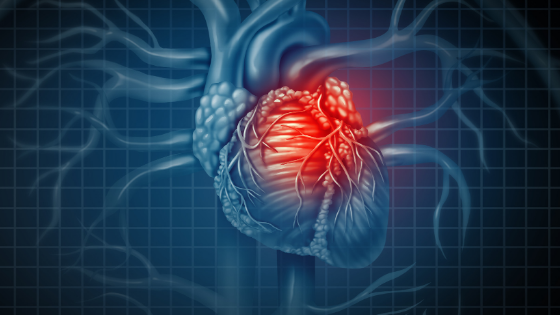
Despite what we often see in film, television, and other media, heart attacks do not always come with sudden, crushing chest pain. In fact, approximately 1/3 of people who have suffered from a heart attack reported no chest pain at all.
The warning signs for a heart attack are not the same for everyone. Many heart attacks can start slowly with mild or no pain. In this blog, we will explore how the symptoms differ for men and women, and what to do if you experience these symptoms.
Symptoms of a heart attack for men:
1. Discomfort and pain in the neck, jaw, back, or stomach.
2. Shortness of breath, lightheaded or dizziness, nausea, and sweating.
3. Abdominal discomfort that may feel similar to indigestion and heartburn
4. Chest pain or discomfort, a pressure, fullness, or a squeezing sensation around the chest. These symptoms can come and go in a few minutes, or last much longer.
The symptoms of a heart attack can be similar for women. However, women are much more likely to experience the subtle symptoms of a heart attack (shortness of breath, nausea).
Symptoms of a heart attack for women:
1. Pain and discomfort in arms, back, neck, jaw, or stomach.
2. Shortness of breath, with or without chest discomfort.
3. Breaking into a cold sweat, nausea, and dizziness.
Act Fast
These symptoms can develop suddenly or slowly, and it is important to know the most efficient protocol if you or your elderly loved one is experiencing these signs of a heart attack. Do not ignore these symptoms. The sooner you are able to receive medical treatment, the less damage your heart will sustain.
Senior Alternatives Home Care and Care Management can help to make sure an emergency protocol is set in place so that with your loved one can get help when needed.
Women are much more likely to experience the subtle symptoms of a heart attack (shortness of breath, nausea).
Related Articles
Boost Cognitive Function Through Brain Exercises
Just like the rest of your body, your brain changes and adapts over time. Through a concept known as neuroplasticity, your brain can form new connections, strengthen existing ones, and even recover lost abilities. Regular mental exercises can have a significant impact on your brain health. Read on to know more…
Why People in Blue Zones Thrive and Live Longer
Blue Zones are regions where people live longer, healthier lives compared to the global average. These areas have been studied extensively to find common denominators and answers about what makes these places unique. One of the key components of these lifestyles is community engagement, or having a strong sense of belonging and support from others. Read on to know more about Blue Zones and how we can duplicate their lifestyle and best practices.
Understanding Parkinson’s Disease
April is Parkinson’s disease awareness month, with that in mind we put together a blog
